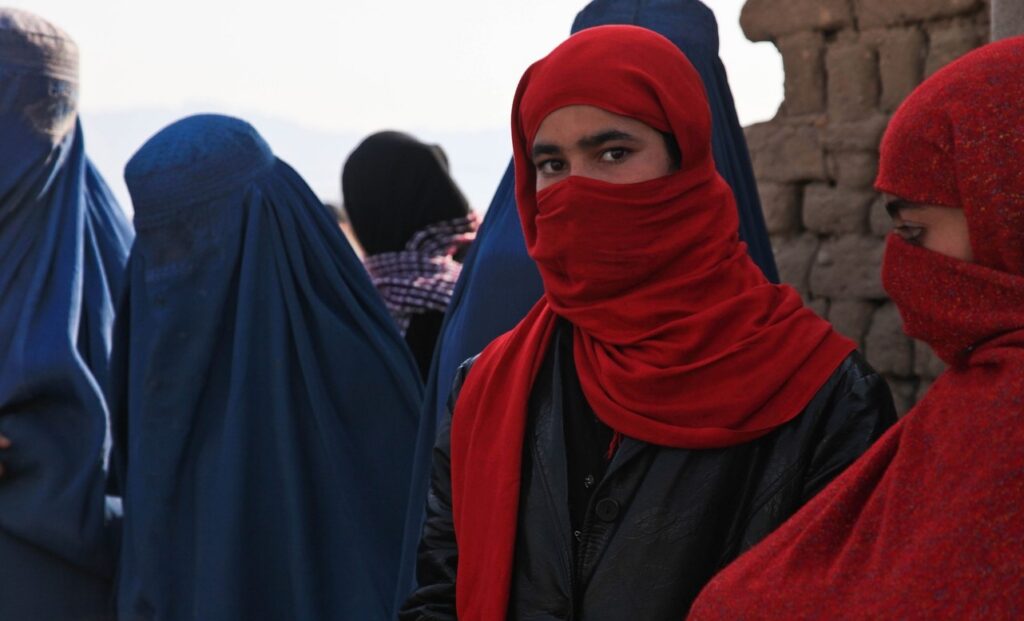Hollywood actress Meryl Streep made a bold statement during an event at the UN General Assembly, asserting that cats in Afghanistan enjoy more freedom than women under the repressive Taliban regime. Streep’s comments come as an urgent call to the international community to recognize and address the ongoing human rights violations against Afghan women. She highlighted the stark reality that the Taliban’s increasing restrictions and harsh measures have stripped women of their rights, reducing them to a status lower than that of animals. In response, a Taliban spokesman claimed that they “highly respected” women but dismissed the comparison made by Streep, despite the overwhelming evidence of the group’s disregard for human rights.
The UN Assistance Mission in Afghanistan (UNAMA) has been documenting extensive human rights abuses committed by the Taliban, including extrajudicial killings and torture, particularly targeting media workers, human rights defenders, and individuals associated with the former government. They have reported over 1,600 documented cases of human rights violations during arrests and detentions, including cruel treatment of women and girls who are arrested for alleged non-compliance with strict “morality laws.” These new laws not only silence women but also prohibit them from interacting with men outside their immediate families, reflecting a deep-seated misogyny entrenched within the Taliban’s governance.
Restrictions on women in Afghanistan have escalated since the Taliban regained power, placing severe limitations on various aspects of life. Women are mandated to wear full-body coverings and are barred from attending schools, parks, and workplaces, severely limiting their mobility and freedoms. The UNAMA has reported arbitrary detentions of women, particularly those from marginalized communities, based on irrational enforcement of the Taliban’s new dress code, a clear indication of systemic oppression and a blatant violation of women’s rights. The Taliban’s rhetoric about respecting women appears to be a facade that masks their true intentions and policies.
Streep poignantly illustrated the disparity in freedoms by emphasizing that even the simplest pleasures, like enjoying sunshine or engaging with nature, are denied to women and girls in Afghanistan—reflecting a deeply troubling reality of gender-based discrimination. Her assertion that “today in Kabul a female cat has more freedom than a woman” reverberates as an indictment of the Taliban’s severe restrictions and repression, which have turned everyday life into a struggle against systemic inequality. The actress called for global leaders to take action against what she termed the “slow suffocation” of Afghan women and girls, urging a unified stand against such injustices.
United Nations Secretary-General Antonio Guterres echoed these sentiments, asserting that without the inclusion of educated women in the public sphere, Afghanistan cannot hope to realize its potential on the global stage. He emphasized that efforts to marginalize women from social and political participation constitute gender persecution—a crime against humanity that the international community cannot overlook. The ongoing systematic exclusion of women, coupled with institutionalized gender-based violence, calls for urgent intervention and accountability on an international level.
The international response must involve punitive measures against the Taliban to hold them accountable for their wide-ranging human rights violations. Streep’s comments serve as a critical reminder of the moral obligation nations have to stand with oppressed populations, particularly women and girls suffering under tyrannical regimes. The urgency of this crisis cannot be overstated, and it reflects broader global struggles for gender equality and human rights that require unyielding attention from the international community to prevent further degradation of basic human freedoms in Afghanistan.

